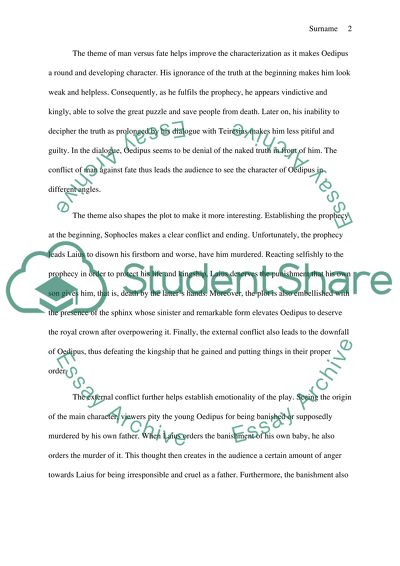Cite this document
(“The External Conflict in Oedipus: Man vs. Fate Research Paper”, n.d.)
Retrieved from https://studentshare.org/literature/1496420-the-external-conflict-in-oedipus-man-vs-fate
Retrieved from https://studentshare.org/literature/1496420-the-external-conflict-in-oedipus-man-vs-fate
(The External Conflict in Oedipus: Man Vs. Fate Research Paper)
https://studentshare.org/literature/1496420-the-external-conflict-in-oedipus-man-vs-fate.
https://studentshare.org/literature/1496420-the-external-conflict-in-oedipus-man-vs-fate.
“The External Conflict in Oedipus: Man Vs. Fate Research Paper”, n.d. https://studentshare.org/literature/1496420-the-external-conflict-in-oedipus-man-vs-fate.


